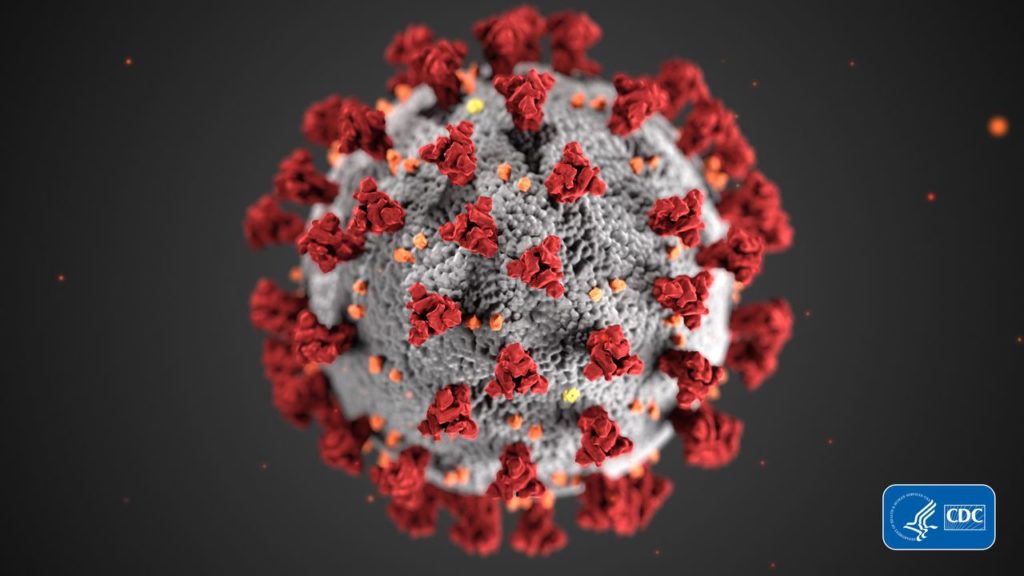

HARTFORD, CT) – As the State of Connecticut continues to ramp up its preparedness and response efforts amid the global spread of coronavirus disease (COVID-19), Governor Ned Lamont provided the following updates to the residents of Connecticut as of 3:00 p.m. on Tuesday, March 10, 2020:
Data updates from the Connecticut Department of Public Health State Laboratory
The second Connecticut resident that tested positive yesterday is a female in her 60s who is a healthcare worker at Bridgeport Hospital and a resident of Bethlehem. She recently returned from a trip to Nevada, where it is believed she contracted COVID-19. She is being treated at Bridgeport Hospital.
Updated testing data from the Connecticut Department of Public Health State Laboratory will be available soon. The latest data continues to be posted on the state’s website at ct.gov/coronavirus.
Governor Lamont declares civil preparedness and public health emergencies
This afternoon, Governor Lamont signed declarations invoking both a civil preparedness emergency and a public health emergency in response to the COVID-19 outbreak. The emergency declarations provide the governor with the authority to take specific, swift actions determined necessary to protect the safety and health of residents in the state, including the temporary suspension of certain state laws and regulations. The Office of the Governor is compiling and evaluating specific recommendations from agencies and municipalities about statutes or regulations that should be suspended or modified and the governor may issue related orders in the near future.
One immediate impact of the declarations is that they may allow some consumers and businesses whose travel has been impacted by the outbreak to benefit from travel insurance and other related coverage. The Connecticut Insurance Department is in the process of notifying insurance companies that the governor has signed the declarations and will be monitoring their compliance with the terms of their policies. As coverage will depend on the terms of each policy, consumers are encouraged to read them carefully.
A second impact is that they trigger Connecticut General Statutes Section 42-230, the state law prohibiting profiteering during emergencies. Violations are considered an unfair or deceptive practice and violators may be subject to fines or other action from the Department of Consumer Protection and the Office of the Attorney General. For guidance from Attorney General William Tong on Connecticut’s price gouging laws and how they may be impacted by coronavirus, click here.
The declarations also make clear that the chief executive officers of municipalities have emergency powers under Connecticut General Statutes Section 28-8a to take such actions as they deem necessary to mitigate disasters and emergencies.
While the declarations permit the governor to take certain actions related to the closure of schools and large gatherings, at this time those decisions are still being delegated to local municipal and public health officials as they are on the ground closest to the circumstances in each respective community and are empowered to make the best judgements regarding specific events.
**Download: Declaration of civil preparedness and public health emergencies
Warning to avoid email, text, social media, and phone scams related to COVID-19
Governor Lamont is reiterating a warning from the U.S. Cybersecurity and Infrastructure Security Agency advising individuals to remain vigilant for email, text, social media, and phone scams related to COVID-19. Cyber actors may send emails or texts with malicious attachments or links to fraudulent websites to trick victims into revealing sensitive information or donating to fraudulent charities or causes. People are urged to exercise caution in handling any email related to COVID-19, including attachments or hyperlinks, and be wary of social media pleas, texts, or calls on the subject.
Individuals should remain vigilant and take the following precautions:
- Avoid clicking on links in unsolicited emails and be wary of email attachments. See Using Caution with Email Attachments and Avoiding Social Engineering and Phishing Scams for more information.
- Use trusted sources—such as legitimate, government websites—for up-to-date, fact-based information about COVID-19.
- Do not reveal personal or financial information in email, and do not respond to email solicitations for this information.
- Verify a charity’s authenticity before making donations. Review the Federal Trade Commission’s page on Charity Scams for more information.
- Review CISA Insights on Risk Management for COVID-19 for more information.
Providing information for Connecticut residents
For the most up-to-date information from the State of Connecticut on COVID-19, including guidance and other resources, all residents in the state are encouraged to visit ct.gov/coronavirus.
Individuals who have general questions that are not answered on the website can also call 2-1-1 for assistance. The information line is available 24 hours a day and has multilingual assistance and TDD/TTY access for those with a hearing impairment. The hotline only intended to be used by individuals who are not experiencing symptoms but may have general questions related to COVID-19. Anyone experiencing symptoms is strongly urged to contact their medical provider to seek treatment.




